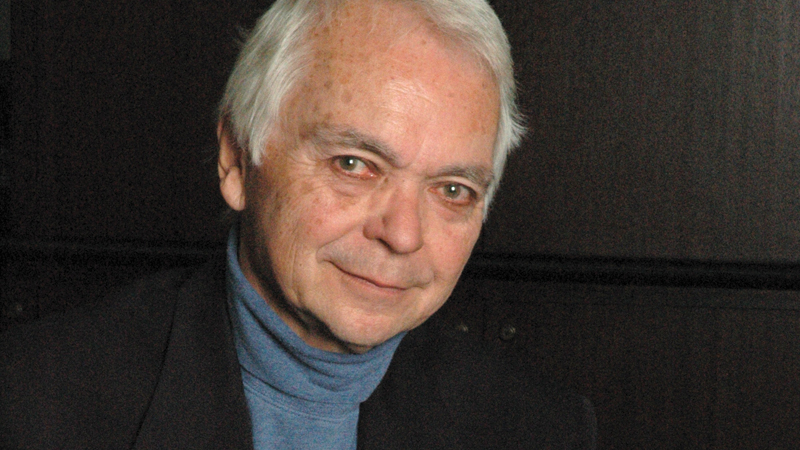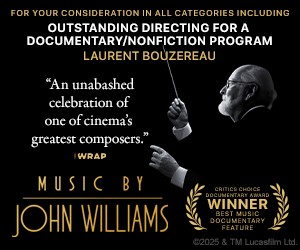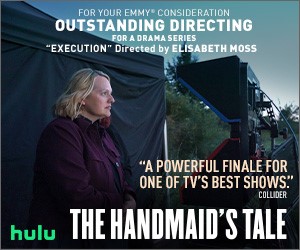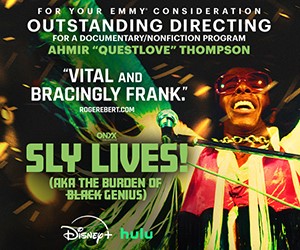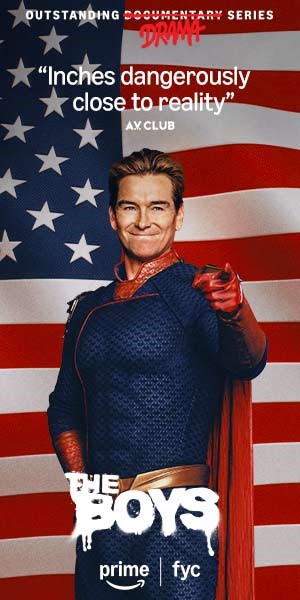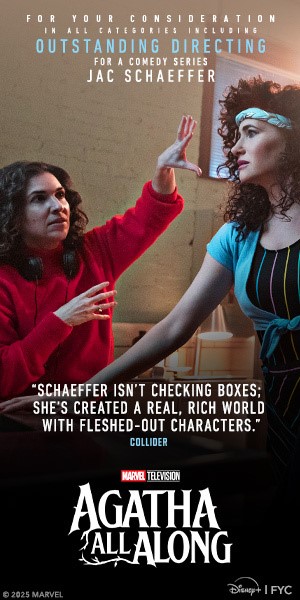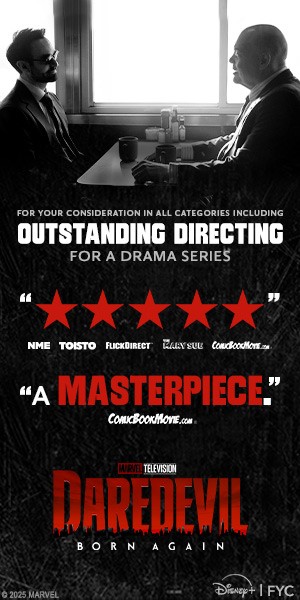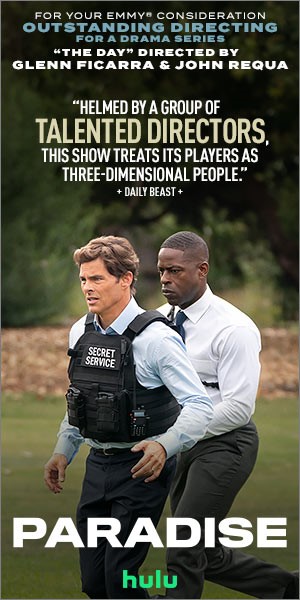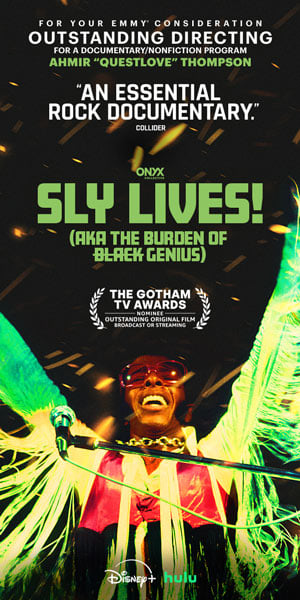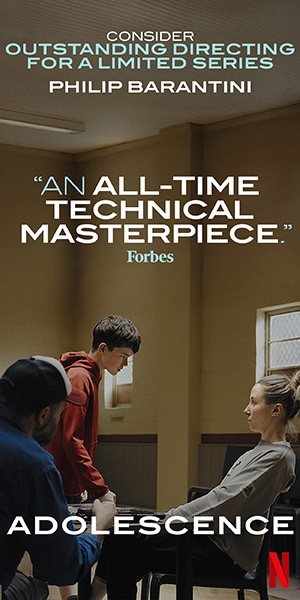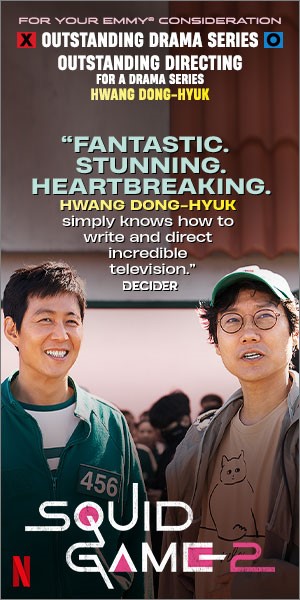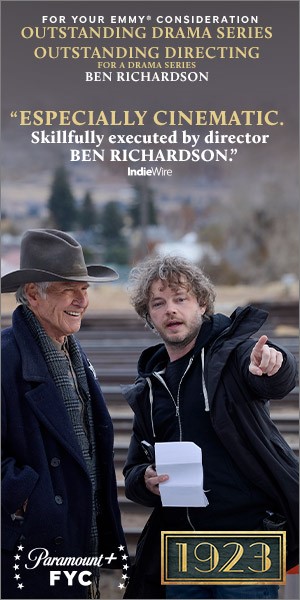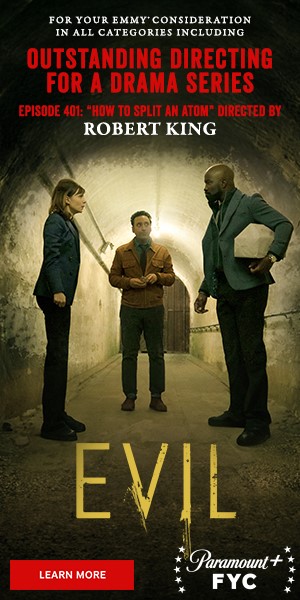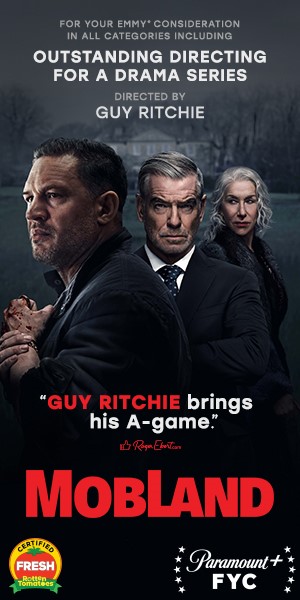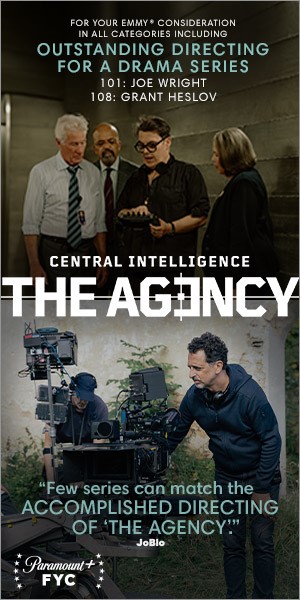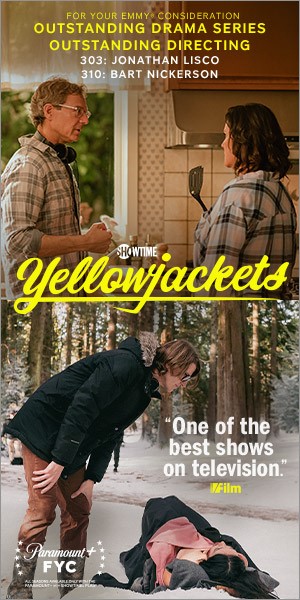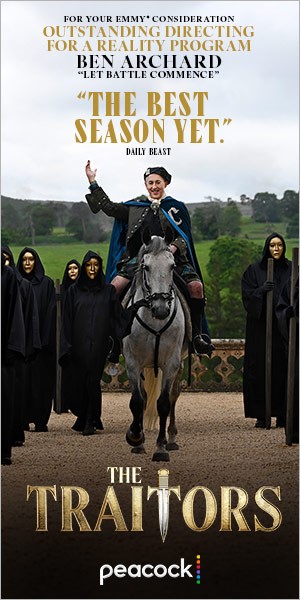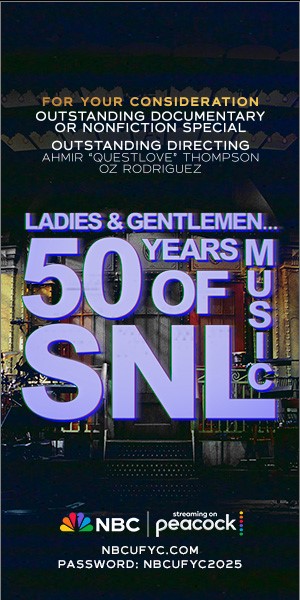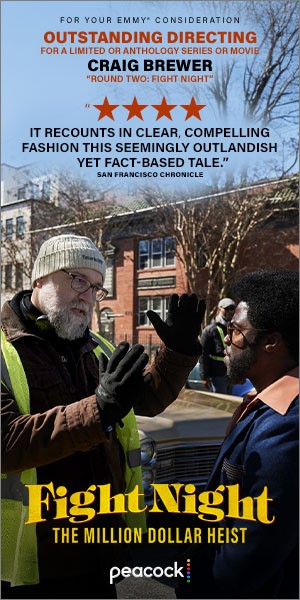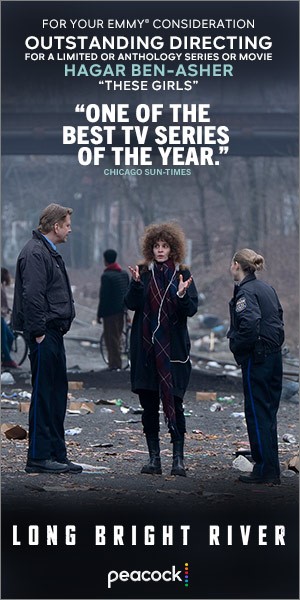If 2006 Frank Capra Achievement Award recipient Jerry H. Ziesmer had considered himself a better thespian, it’s likely that he would never have embarked upon the path that lead him to the pinnacle of success as part of the directing team of filmmakers like Huston, Coppola and Spielberg.
“I started out as an actor,” recalled Ziesmer. “When I finished at Northwestern, I came out to UCLA for their Masters program in acting.” Despite some early successes, Ziesmer found it difficult to make a good living as an actor. “That’s when I read about the Assistant Directors Training Program (ADTP) in Variety in 1967. Mine was only the third class of the program and I took the test and I got in. It changed my whole life. Without the ADTP, I would have just been an unemployed actor and a teacher. I never would have been able to get into the motion picture industry without the program. I owe everything to the DGA and the ADTP.”
When he graduated from the ADTP in 1969, Ziesmer joined the Guild and with his strong acting background, he slipped into the role of an assistant director as if he were born to the job. “I had an aesthetic appreciation of the needs of the actor and the needs of the director.” Still he credits much of his success in the program and beyond from the sage advice of two of his mentors, Capra Award Recipients Wallace Worsley (1982) and Francisco "Chico" Day (1981). “Wally and Chico were two of the most influential people of my life and they were both very active in the Guild. Chico used to tell me when I was just a trainee, ‘Some day kid, you will be sitting on the council of the DGA and doing the biggest pictures in Hollywood.’ I said, ‘C’mon Chico, I’m just a sandlot baseball playing kid from Milwaukee. How is that possible?’ And he’d say, ‘Trust me kid.’ When I was elected to the AD/UPM/TC Council in 1987, I sat next to Chico and he said ‘See what I mean kid.’”
Day’s prediction about Ziesmer working on the ‘biggest pictures in Hollywood’ also came true. In the past thirty years he has worked with some of the industry’s biggest directors, gathering forty feature film credits including: Sydney Pollack’s The Way We Were, Mark Rydell’s Harry and Walter Go to New York and The River, Frances Ford Coppola’s Apocalypse Now, Steven Spielberg’s Close Encounters of the Third Kind and 1941, John Frankenheimer’s Black Sunday, Mel Brooks’ History of the World, Part I, John Badham’s Blue Thunder, American Flyers and Short Circuit, John Huston’s Annie, Brian DePalma’s Scarface, Peter Bogdanovich’s Illegally Yours, Martin Brest’s Midnight Run, Alan Rudolph’s Love at Large, and Cameron Crowe’s Say Anything, Jerry Maguire and Almost Famous.
Even with this impressive filmography, for Ziesmer the most successful aspect of his career is that he was able to use his status in the service of others. After his election to the Council in 1987, he remained an active council member until 1998, and served as Council Chair from 1993 to 1996. Following the example of his own mentors, Ziesmer decided to work towards the creation of a program where inexperienced DGA members could receive the same kind of assistance. Thus was born the AD/UPM/TC Council Mentor Committee.
“I got the idea in December of 1990. I just wanted something to help people who were coming into the Guild, especially ethnic minorities and women. The Mentor Committee gave people who were not already wired to somebody in the Guild, a mentor who would teach them the talents that an assistant director needs, such as how to break down a script, how to schedule, how do deal with difficult actors, etc. If you had the question of how to do a movie on a mountaintop, a mentor who had done a movie on a mountaintop could come forward and you would have a one-on-one relationship with him. The program just clicked and it was dynamite. We had mentors and mentees, some of who later became mentors themselves. The AD/UPM/TC Mentor Committee is the single thing I am most proud of in my entire DGA affiliation.. I’d like to think that I gave something back to the organization that gave me the chance to have a life.”
And if the Mentor Committee has been instrumental in helping women and ethnic minorities get off to a proper start in the industry, according to Ziesmer, the ADTP has been just as instrumental as it opened the doors to those same people. “In 1979, I was told there were about nine ethnic minority ADs in the Guild. Now there are probably hundreds. Before the ADTP, the only way you could get in as an AD in Hollywood was if you were one of the lucky two or three that a studio chose to get into the Guild, or you were the son of a director.”
Desiring to give something back to the program that assisted him, Ziesmer returned to the ADTP as a teacher. “I taught a lot of seminars on setting background action. It’s something that a lot of the young trainees get to do. I would teach them through videotapes of some of the movies that I worked on, some of the tricks of the trade. I also taught ‘The Craft of the Assistant Director’ course at the UCLA Extension for many years. I’m very pleased by the fact that many of the students I had there also made it into the ADTP.”
Ziesmer’s love of teaching the craft to youngsters made him the ideal candidate when the Artist Rights Foundation (now the Film Foundation) needed mentors for its online program for student filmmakers called Admit One. “It was a website for filmmakers from junior high to college that allowed them ask questions of film professionals. “They would ask the most difficult questions possible about visual effects, dealing with actors, dealing with directors, and what to do in various situations. It was a wonderful experience, and ironically, I still get email questions from some of these kids to this day.”
Although Ziesmer is now retired, along with his wife and high school sweetheart, Suzanne -- who worked beside him on many of the films -- he is showing no signs of slowing down. In 2000 the Scarecrow Press published his memoir Ready When You Are Mr. Coppola, Mr. Spielberg, Mr. Crowe. “It looks at my DGA life and career through the very real window of my family with all of the family struggles, pain, tears, smiles, and love, that a filmmaker with a wife and three children encounters,” said Ziesmer. He dedicated the book to the DGA and the ADTP. “I give out my email in the book and at seminars I’ve conducted at universities all over and I always let people know they can email me mentoring questions and they do. It’s a way for me to stay involved and give back to the industry that gave me so much.”
Giving back to the organizations that contributed to his success seems to be the credo of Ziesmer. Perhaps that is why when asked how he felt about becoming the latest recipient of an award designed to honor the epitome of his Guild category, he reflects the honor back to the mentors who nurtured him. “I love and owe so much to Wally and Chico and I’m so grateful to receive the same award that they received years ago. I remember so clearly being at the DGA Awards dinner when Wally received his award. It feels as though we’ve come full circle from the sandlot ball playing kid I started out as, to this grizzled old AD who on January 28th will go up there to receive that same award. I just feel so blessed and so grateful for everything and everyone who gave me the opportunity to grow from a mailman's son from Milwaukee into an Assistant Director in the DGA.” Asked if he could think of anything sweeter than receiving this award, Ziesmer answered, “Yes, when one of the kids that I mentored becomes the recipient, I’ll be even prouder.”
